A Daily Investment Towards A Healthy Future
From the moment we are born, time and gravity follow our every move. Relentlessly, we call it aging. We all age; it is a natural part of life. Our body bares the weight and slows down over time, and many things that were once easy become more difficult. This is true for everyone, but especially people with a spinal cord injury. As we become longer in the tooth, we may begin to experience health problems that we may never have had when we were spry.
“Chronic” health problems are ones that last six months or more, require ongoing medical care and may limit activities of daily life. They are also referred to as “secondary health conditions” or “complications.” Read more about it here: “Secondary Complications from Spinal Cord Injury” . The daily choices we make as we grow older makes a big difference in our quality of life and the grace in which we age.
I am now forty-two years old and have lived more than half of my life with a spinal cord injury – May 26, 2021 will be twenty-two years to be exact. I’m not a clinically certified SCI specialist, but I do think I’ve learned a lot about myself and the ongoing issues I live with.
I have found that aging well with an SCI means maintaining my physical health and independence as much as possible. I wrote a couple blogs about it: “The Meaning Of Mindful Movement” and “The Benefits Of Water Therapy”. It also means I must adapt to changes, stay emotionally fit, and to participate in the things that are important and meaningful to me.
I like hearing the good news though, that life expectancy for those of us who live with an SCI has increased over the past number of decades. This was not the case when I was first injured. But, with age comes the bad news, complications of aging can affect us much quicker and sometimes more severely.
The degree of aging varies for each person. How a person ages after SCI is based on several factors, such as:
- Level and severity of injury
- Age at injury
- Family health history
- Lifestyle behaviors (for example: activity levels, smoking or alcohol use, and diet)
- Access to community services and social support systems
Aging can hasten the degeneration of the following:
- The Cardiovascular System (The Heart)
- Decrease in stroke volume
- Loss of arterial elasticity
- Increased orthostatic hypotension
- Gradual increase in systolic and diastolic pressures
*Tips for Cardiovascular Prevention and/or Improvement – Blog here: Healthy Heart, Healthy Life
- Eat a balanced diet
- Increase activity and exercise
- Cardiovascular evaluation/test
- The Respiratory System (The Lungs)
- Diminished respiratory capacity
- Loss of lung and chest wall compliance
- Loss of vital capacity
- Increased susceptibility to respiratory infection
- Increased incidence of sleep apnea
*Tips for Respiratory Prevention and/or Improvement
- Don’t Smoke!
- Increase activity and exercise
- Get immunizations (pneumonia, flu)
- Respiratory assessment
- Practice deep breathing techniques
- The Gastrointestinal System (The Intestines)
- Increased constipation
- Increased incontinence
- Increased rectal bleeding and hemorrhoids
- 7-fold increase in gallstones
- Increased gastro esophageal reflux disease
- Weight gain
*Tips for Gastrointestinal Health – More informative Blog here: How I Manage My Neurogenic bowels
- Need for a routine bowel program that fits lifestyle/socially acceptable
- Need for routine colo-rectal screening
- Need for adjustments in medication and diet
- Consider need for increased attendant care
- Weight loss program
- The Nervous System (The Wiring)
- Decreased strength, reaction time, and fine motor skills
- Deterioration of gait or difficulty walking
- Increased cystic changes in spinal cord
- Increased neuropathic pain
- Increase in nerve entrapment/carpal tunnel syndrome
- Autonomic Dysreflexia
*Tips for Nervous System Improvement – Blog here: Autonomic Dysreflexia
- Motor/sensory exam
- Functional assessment (FIM)
- Hand/Upper Extremity assessment
- Gait (walking) assessment
- Pain assessment management
- The Genitourinary/Reproductive System (The Genitals)
- Decreased bladder capacity and kidney function
- Increased risk of UTI’s and urinary tract stones
- Increased risk of bladder cancer
- Increased sexual dysfunction
*Tips for Improvement – Another Blog here: Kidney Disease & SCI
- Bladder program changes due to aging/change in functional abilities
- Need for annual cystoscopy for cancer screening
- Potential increase in attendant care needs
- Proper bladder products
- The Musculoskeletal System (The Bones, Muscles & Soft Tissue)
- Increase in degenerative/ arthritic changes; “aches and pains”
- Osteoporosis
- Increased joint stiffness
- Decreased muscle strength
- Overuse syndrome of shoulders
- Increased spasticity
*Tips for Musculoskeletal Prevention and/or Improvement – Blog here: Spasticity & Spasms
- Joint assessment
- Equipment usage assessment
- Modification of equipment
- Implementation of protective maneuvers to preserve joints
- The Immune System and Endocrinology System (The Defense)
- Reduction of hormone levels (human growth hormone, testosterone, and estrogen)
- Reduction in levels and efficiency of insulin = higher risk for diabetes
- Less effective immune response = higher risk for illness
*Tips for Improvement
You may be at higher risk for infections if you experience pain or are depressed. Work with your doctor to control chronic pain and get involved in social activities.
- The Integumentary System (The Skin)
- Decreased collagen, skin elasticity, and skin thinning
- Increased burn injury due to decreased circulation and increased sweating
- Increased skin tears, bruises, and pressure ulcer development
*Tips for Improvement – Blog here: Skin Care
- Protect your skin from injury
- Wear sunscreen and protect yourself from extremes in temperature
- Evaluate ability to do weight shifts
- Equipment usage assessment
- Modification of equipment
A few tips to age well with SCI:
- Take part in social activities that you value
- Don’t be afraid to change the way you do some activities, if needed, for example, switching up your diet
- Use adaptive equipment appropriately—equipment to help you with everyday tasks. Examples include wheelchairs, special beds, cushions, and braces
- Seek help from others as needed but keep a steady level of independence. Even as you age with SCI, independence of mind is still realistic- you can continue to make decisions and direct health- and care-related issues, such as hiring, training, and firing helpers
- If possible, find more accessible housing
To keep a positive mindset:
- Connect with others
- Engage in regular physical activity
- Participate in enjoyable activities
- Learn something new
- Volunteer or seek services and supports provided by community-based organizations, such as independent living centers, aging and disability resources and centers, and faith-based organizations
I recommend to get regular health check-ups and work with your doctor, counselor, fitness coach, or physical therapist to find and treat potential complications and problems.
Every day I make deliberate choices to maintain and improve my physical, mental, and emotional health so that I age well. I like to think that the process IS the progress and that we must always keep learning today to be better for tomorrow.
I suggest a healthy routine for yourself, to study the latest health-related research and connect with other people on a similar path.
My process takes into consideration all of the above, but always begins with a mantra, a saying I fall asleep to and awake with… “I love you body, thank you.”
It may seem a bit askew, but I talk to my body. I intentionally engage in an internal dialogue with the cells within me. I acknowledge their intelligence and divine design, and focus my energy into the harmony and co-operation of the entire cellular community- 30 trillion or so that make up my body. I may have a spinal cord injury, but my heart still beats, my brain still thinks and my body works hard for me. So, I say, namaste.
Best in health, Aaron






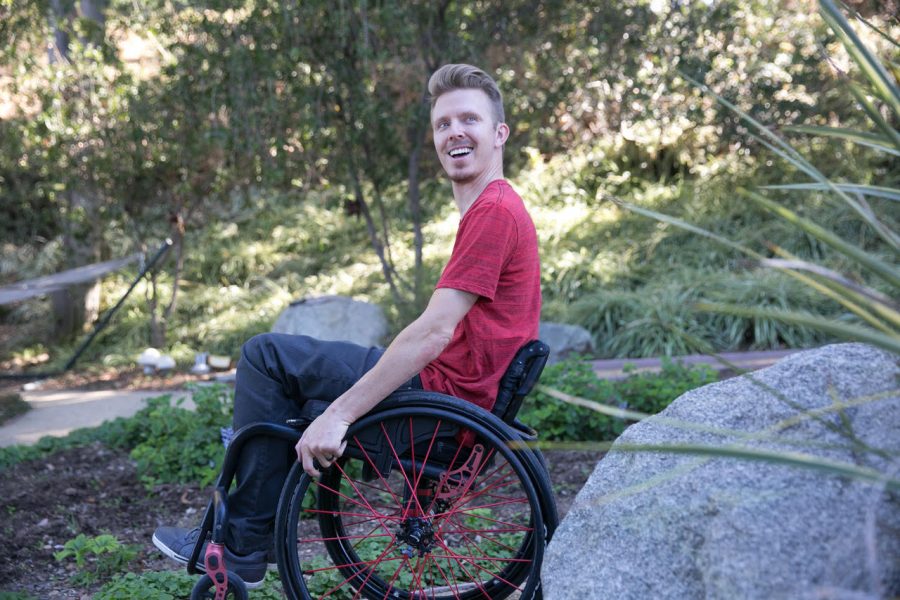

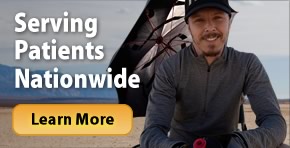
 I have a trip coming up and I am having trouble envisioning how I can safely and hygienically self-catheterize in a typical men’s restroom stall.
I have a trip coming up and I am having trouble envisioning how I can safely and hygienically self-catheterize in a typical men’s restroom stall.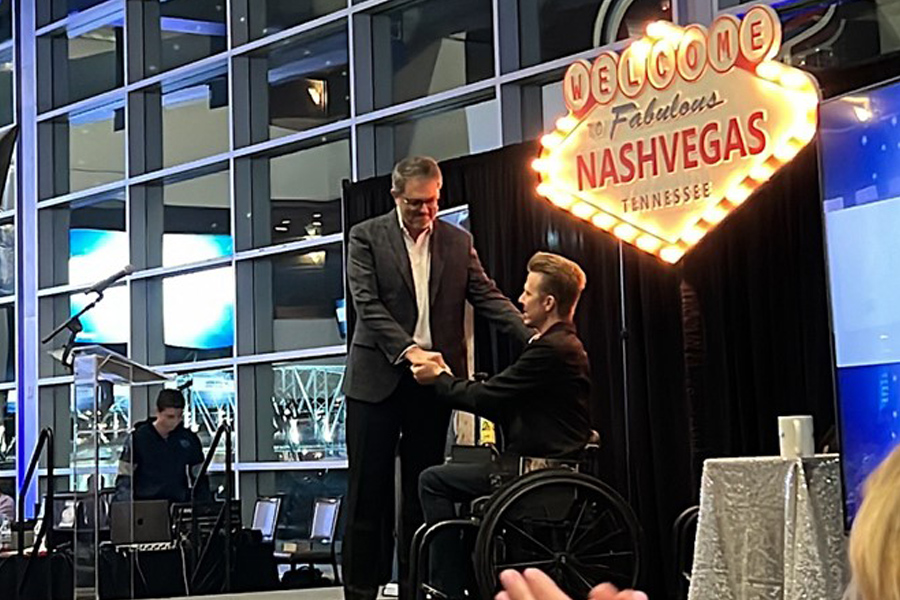
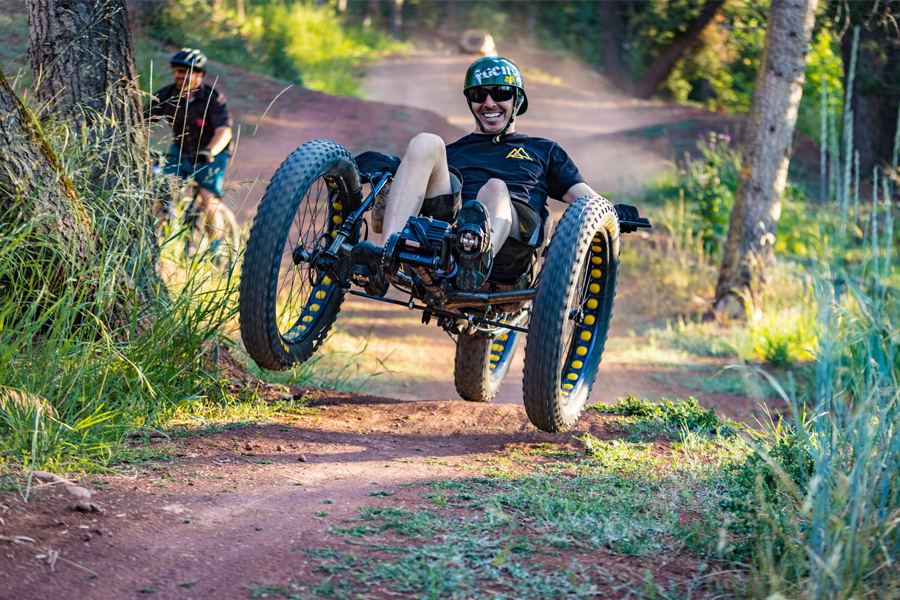
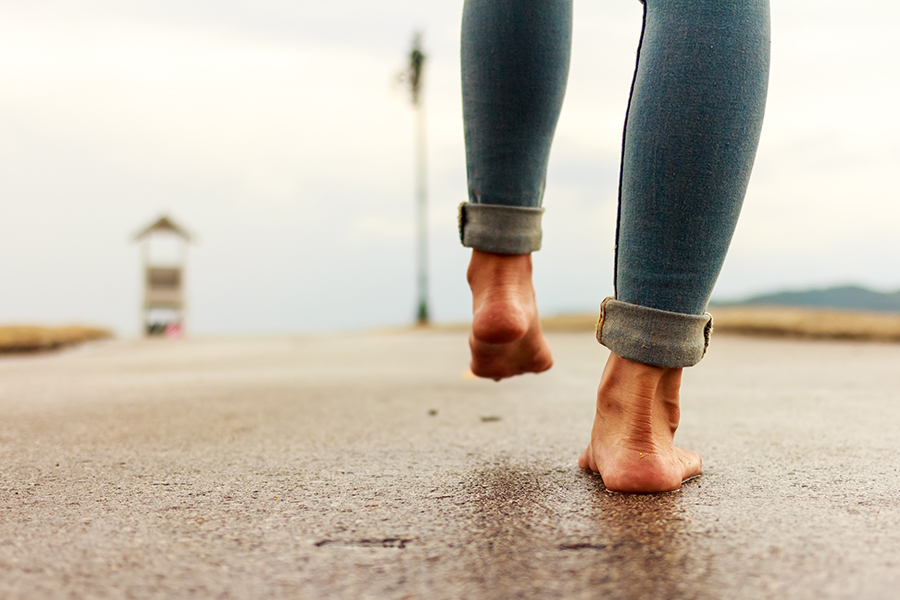

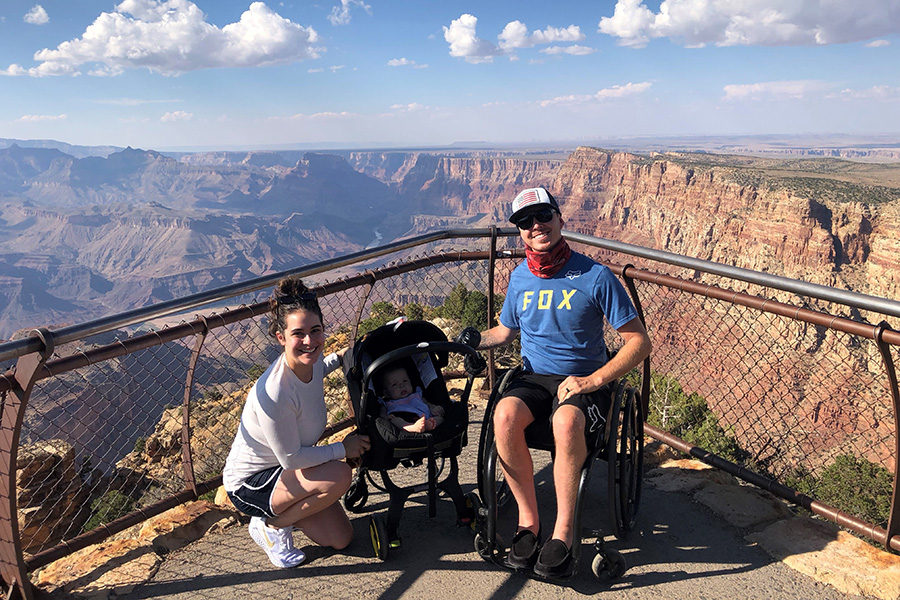
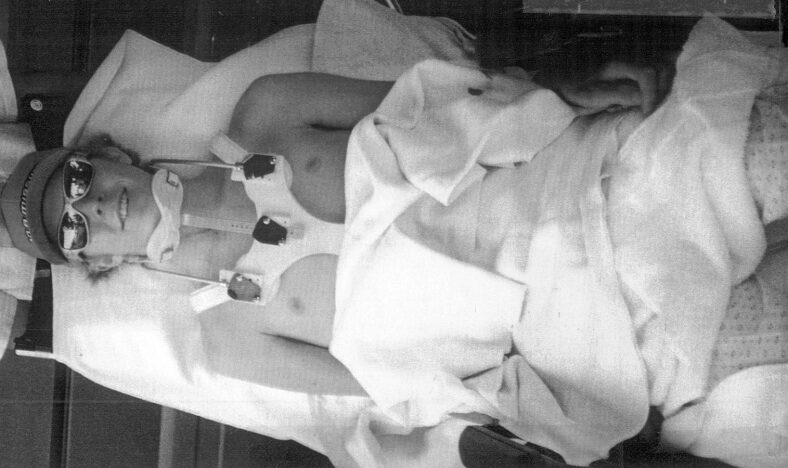
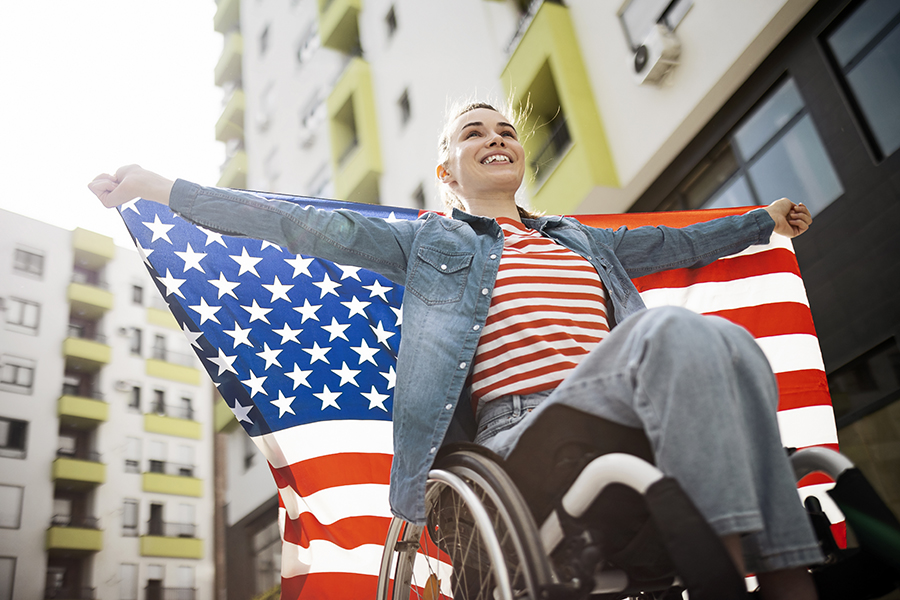
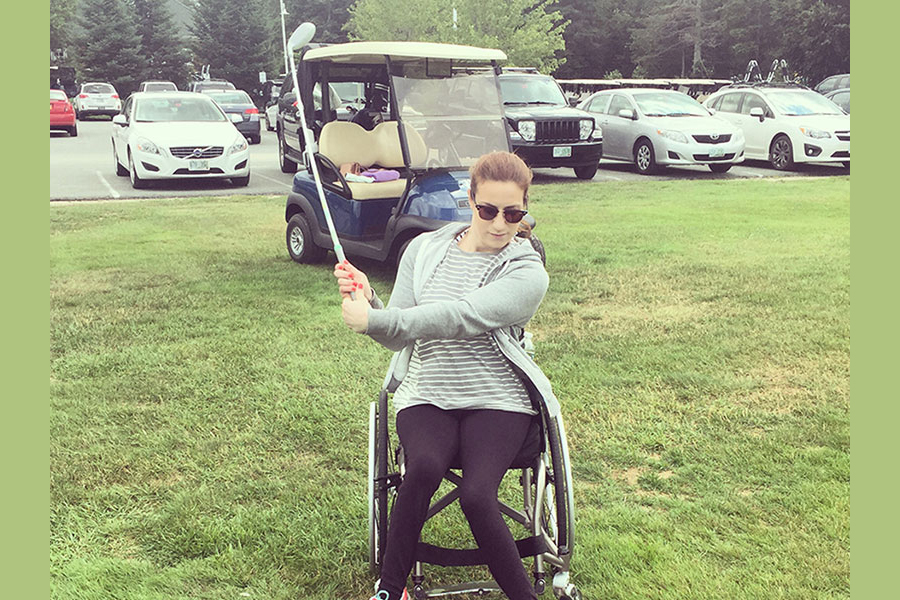
Thanks for the geat information Aaron. I was in Thailand last year and acquired some great techniques and skills for opening energetic channels and neuromuscular pathways. As you know, this increases the capacity for exercise leading to better health and wellbeing and a better quality of life. I was also treated and received HEALING beyond my imagination. I would love to share with you in the near future if you like. The ENERGY benefits are unimaginable!
You are gonna need energy brother to chase the younguns
Hope to hear from you soon!
Peace & Blessings